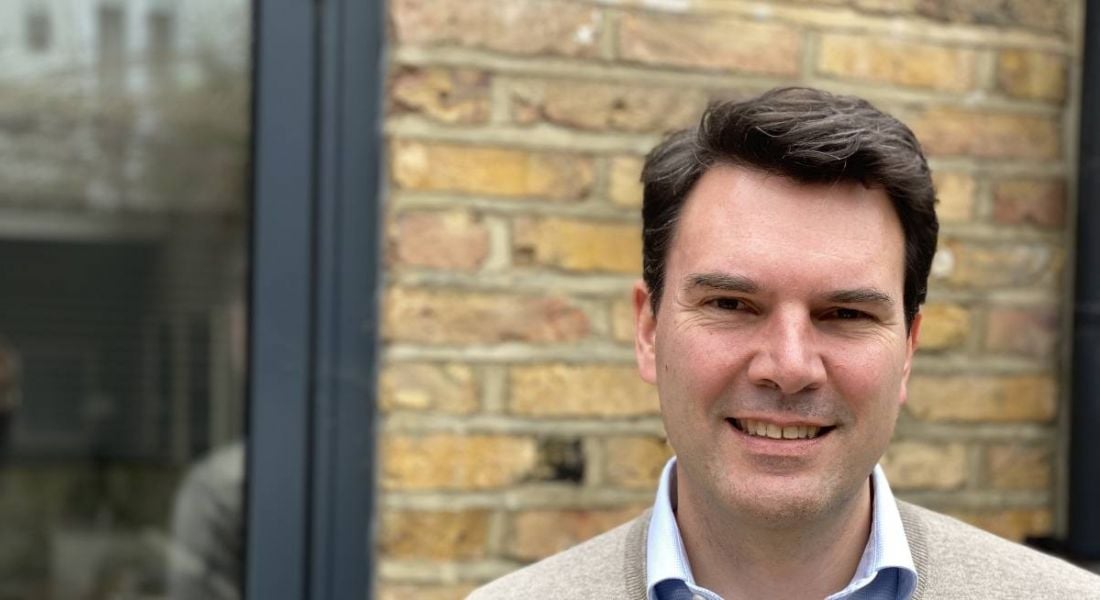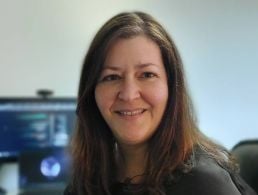Aon’s Constantin Beier reflects on the experiences that led him to his current role and explains how analytical thinking and people skills are important in this line of work.
Constantin Beier has made a number of career moves during his time at Aon. Initially tasked with creating new business around professional indemnity broking, he later became fascinated with big data and grew to appreciate the role that analytics plays in generating value for clients.
Here, Beier reflects on his career journey so far and how he became Aon’s global head of business development.
‘Seek to foster a greater purpose than your last career move – it will simply be more fun in the long run’
– CONSTANTIN BEIER
What first stirred your interest in a career in data?
It was listening to a fascinating presentation laying out the vision for how big data could transform the insurance business and what an important role Aon could play in it.
The second step was meeting colleagues in the Aon Centre for Innovation and Analytics who had a different (analytical) background from what I knew in the rest of the firm. The energetic atmosphere in this group of colleagues was similar to that of a start-up company. That got me hooked.
What experiences led you to becoming head of business development?
I started at Aon with building a new business around professional indemnity broking where initially I had to take on all tasks myself – planning, broking, marketing, invoicing, claims etc. This gave me a solid understanding of Aon’s broking services model and helped me to learn about putting myself in the client’s shoes.
Another defining experience was taking responsibility to integrate Aon’s first analytics centre in Dublin into the wider Aon business network, which allowed me to appreciate how analytics can generate client value if applied well.
In another role, I had to define and implement the operational framework for one of Aon’s consulting businesses that is based fundamentally on data and analytics.
What were the biggest surprises or challenges you encountered on your career path and how did you deal with them?
Sudden changes in people and reporting structures often posed a challenge but staying focused on client needs and looking for the positive aspects in a change always helped.
Another challenge were the transition phases, moving from an individual contributor to a team leader role, and later becoming a manager of managers. In these phases, I had to unlearn relatively quickly and realise that the skills and behaviours that brought me to where I was were not what I needed to master the next step.
If you want to know about a surprise: when I was once on holiday, standing on top of the Eiffel Tower, a key team member called me saying that he would quit his job. This in itself was bad enough, but actually it was the third leaver only a few weeks after I had taken on the team. I suddenly felt like I was on the bottom of the ocean. Thankfully, in retrospect, this situation turned out to be a real opportunity to rebuild the team.
Was there any one person who was particularly influential as your career developed?
Generally, I was very lucky to encounter not one but a few managers that trusted in my potential and gave me room to develop my skills and experiences.
One particular manager, though, was extremely candid and blunt with his feedback in 360-degree reviews. He got me to think harder about my competencies and goals and although I still don’t agree with all he said, I am thankful for the impulse he gave me to reflect more critically on myself.
What do you enjoy about your job?
The variety of talent and personalities I work with, the purpose of our firm and the feeling to be at a place where we are having an impact on the development of our industry.
What aspects of your personality do you feel make you suited to this job?
I like to build bridges between people, teams and cultures and look for common interests. That’s something I need to do in my role day in and day out. Reaching objectives through structured, analytical thinking is also something I enjoy. In an environment where analytics are at the core of our business model, that fits pretty well.
Did Aon support you on your career path?
The entrepreneurial spirit in Aon’s culture encouraged me to seek new opportunities on the job and outside my personal comfort zone. Thankfully, the support needed to pursue such new ventures was close by as well.
Aon enabled me to participate in some great development programmes through which I could build a network of colleagues and friends across geographies. Sometimes the exchanges that followed helped me to realise new business opportunities or to accomplish a management task that later became a stepping stone for a new responsibility.
What advice would you give to those considering a career in this area, or just starting out in one?
Get a clear grasp of the business model in which you are operating in, seek a chance to improve it and be conscious about your contribution. This way you will create value and be able to articulate it.
Apart from that, be a team player and seek to foster a greater purpose than your last career move – it will simply be more fun in the long run.




